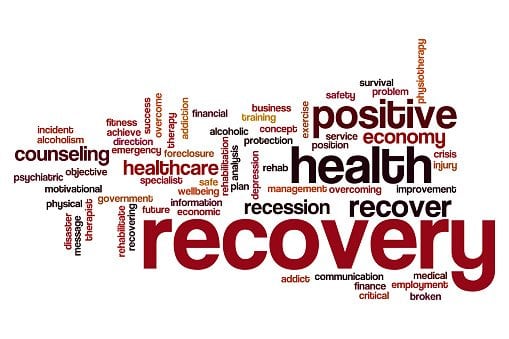Loving someone in recovery for mental or substance abuse disorders can be challenging, but there are a variety of ways to be supportive as they make their way.
“Family members and close friends are tremendously important influences when someone is in recovery,” says Patricia Rehmer, president of the Hartford HealthCare Behavioral Health Network. “People in recovery need support and hope. People in recovery need jobs and access to housing if they don’t have it. People need access to treatment of all types in order to get into recovery and stay there.”
In recognition of National Recovery Month, here are five ways you can support someone in recovery:
- Accept without judgment. Drop the negativity and criticism because the person has heard it – from others or in their own minds – many times already. Instead, show and express your love without judging any prior behavior. It takes bravery to pursue recovery, and you can also tell them you’re proud of their choice.
- Listen. Many people just need someone to hear what they’re saying, whether it’s about life’s joys or trials. They may need your help and support to experience life’s range of emotions in recovery.
- Encourage healthy choices. Create a substance-free environment at home or when you get together. Focus on eating healthy meals and enjoying fun things together. These activities – which can include riding bikes, crafting, yoga, meditation and gardening — can also provide stress relief, helping your loved one cope with the challenges and losses that are part of everyday life.
- Be patient. Recovery is a lifelong process that can be marked by missteps. Just ensure your loved one that you support them even if they make a mistake, and remind them to stay hopeful and positive.
- Encourage participation in a support group. We know that support groups can be very helpful in recovery, but walking through the door can be intimidating. Offer to “shop” meetings with your loved one to help find a good fit and rearrange dinner or other family schedules to accommodate attendance. While you’re at it, look into a support group for yourself to learn more tips for helping yourself and your loved one.
For more information on recovery, visit Medication Assisted Treatment Close to Home (MATCH).

